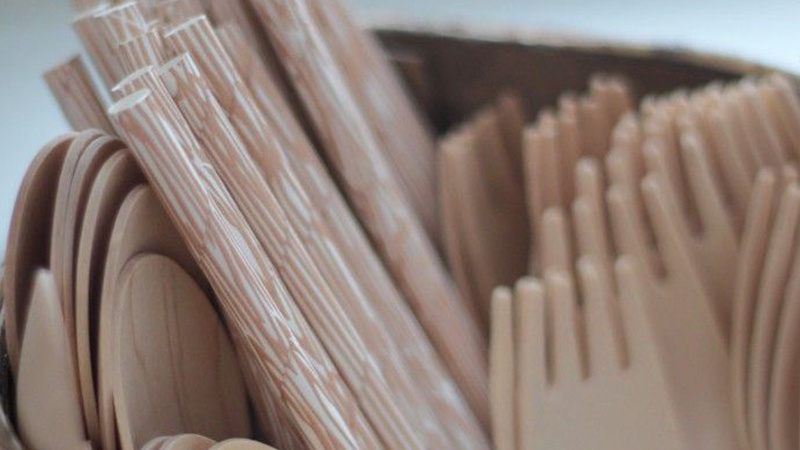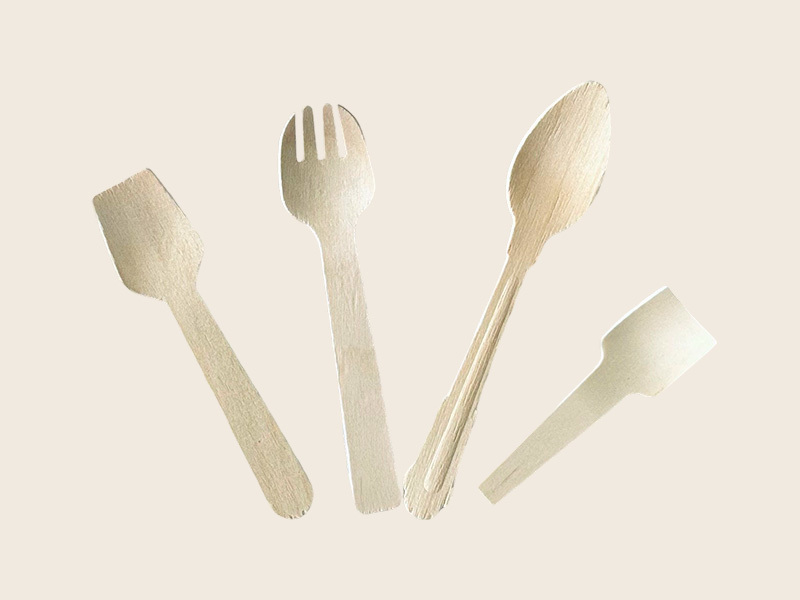Exploring Birch Wood Coffee Mixers: A Sustainable Approach in the Plastic Industry
Birch wood coffee mixers are gaining traction in both food service and industrial applications due to their biodegradable properties and aesthetic appeal. These mixers, crafted from birch wood, offer a sustainable alternative to traditional plastic mixers, which often contribute to environmental pollution. The lightweight yet sturdy nature of birch wood makes it an excellent choice for mixing beve
Aug 28,2025
Birch wood coffee mixers are gaining traction in both food service and industrial applications due to their biodegradable properties and aesthetic appeal. These mixers, crafted from birch wood, offer a sustainable alternative to traditional plastic mixers, which often contribute to environmental pollution. The lightweight yet sturdy nature of birch wood makes it an excellent choice for mixing beverages, as it does not affect the taste or quality of the liquids it comes into contact with.
In the context of the chemical and plastic industry, integrating birch wood coffee mixers can lead to significant shifts in product design and manufacturing processes. For companies focused on sustainability, incorporating birch wood into their offerings aligns with growing consumer demand for eco-friendly alternatives. This shift not only enhances brand image but also opens up new market segments that prioritize environmental responsibility.
From a technical standpoint, birch wood is known for its fine grain and smooth texture, which makes it ideal for manufacturing coffee mixers. The natural properties of birch wood ensure that it is less likely to splinter compared to other woods, providing a safer mixing experience. Additionally, birch wood has a low moisture absorption rate, which is crucial when dealing with liquids. This characteristic helps maintain the integrity of the mixer, preventing warping or degradation over time.
Moreover, companies in the plastic and chemical sectors can explore innovative production techniques that combine birch wood with biodegradable polymers. This approach not only enhances the durability of the product but also emphasizes the commitment to reducing plastic waste. By creating hybrid mixers, businesses can offer products that are not only functional but also environmentally friendly, appealing to eco-conscious consumers.
In conclusion, birch wood coffee mixers represent a promising avenue for innovation within the plastic and chemical industries. By embracing sustainable materials and practices, companies can differentiate themselves in a competitive market while contributing to a healthier planet. As the industry evolves, the integration of birch wood into product offerings may well become a standard practice, demonstrating a commitment to sustainability and consumer satisfaction. Emphasizing the use of birch wood coffee mixers not only showcases a dedication to environmental responsibility but also positions businesses as forward-thinking leaders in sustainability.
In the context of the chemical and plastic industry, integrating birch wood coffee mixers can lead to significant shifts in product design and manufacturing processes. For companies focused on sustainability, incorporating birch wood into their offerings aligns with growing consumer demand for eco-friendly alternatives. This shift not only enhances brand image but also opens up new market segments that prioritize environmental responsibility.
From a technical standpoint, birch wood is known for its fine grain and smooth texture, which makes it ideal for manufacturing coffee mixers. The natural properties of birch wood ensure that it is less likely to splinter compared to other woods, providing a safer mixing experience. Additionally, birch wood has a low moisture absorption rate, which is crucial when dealing with liquids. This characteristic helps maintain the integrity of the mixer, preventing warping or degradation over time.
Moreover, companies in the plastic and chemical sectors can explore innovative production techniques that combine birch wood with biodegradable polymers. This approach not only enhances the durability of the product but also emphasizes the commitment to reducing plastic waste. By creating hybrid mixers, businesses can offer products that are not only functional but also environmentally friendly, appealing to eco-conscious consumers.
In conclusion, birch wood coffee mixers represent a promising avenue for innovation within the plastic and chemical industries. By embracing sustainable materials and practices, companies can differentiate themselves in a competitive market while contributing to a healthier planet. As the industry evolves, the integration of birch wood into product offerings may well become a standard practice, demonstrating a commitment to sustainability and consumer satisfaction. Emphasizing the use of birch wood coffee mixers not only showcases a dedication to environmental responsibility but also positions businesses as forward-thinking leaders in sustainability.
Previous article:
Latest Developments








